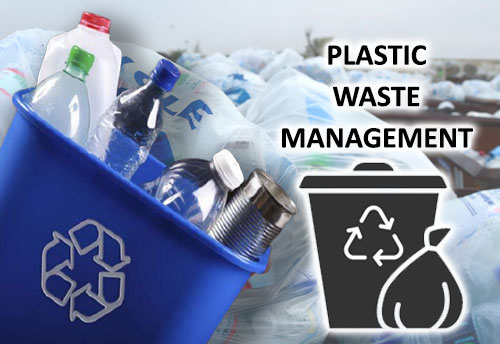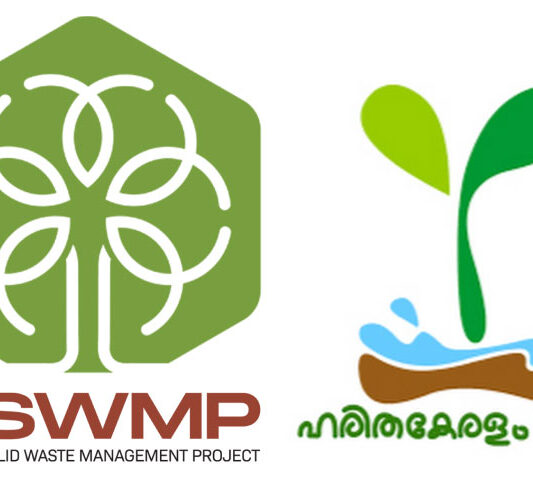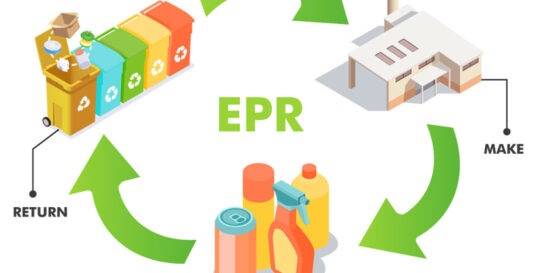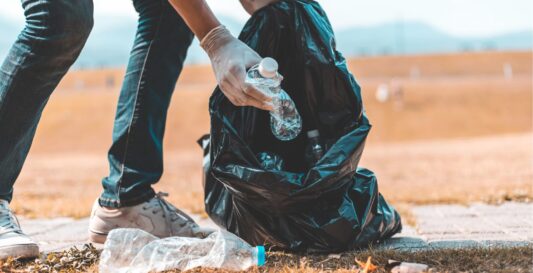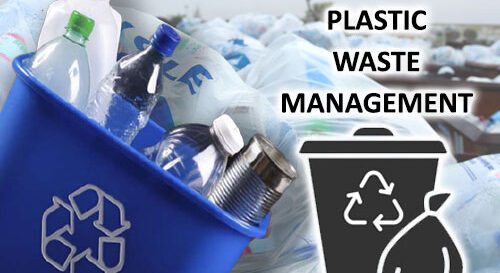Title: Understanding Plastic Pollution: A Call to Action for a Sustainable Future
Introduction:
Plastic pollution has emerged as a global environmental crisis, posing profound threats to ecosystems, wildlife, and human health. The pervasive use of plastic materials, coupled with inadequate waste management practices, has led to the accumulation of plastic debris in every corner of the planet, from the deepest ocean trenches to the highest mountain peaks.
The Scope of the Issue:
Plastic pollution encompasses a wide range of plastic materials, including bottles, bags, packaging, microplastics, and larger debris. These materials persist in the environment for hundreds to thousands of years, breaking down into smaller particles that infiltrate soil, waterways, and the air we breathe. Plastic pollution affects terrestrial and marine ecosystems alike, with devastating consequences for biodiversity and ecosystem health.
Environmental Impact:
Plastic pollution poses a significant threat to wildlife, with marine animals often mistaking plastic debris for food or becoming entangled in discarded fishing nets and plastic packaging. Ingestion of plastic can lead to internal injuries, starvation, and death. Plastic pollution also disrupts marine habitats, damages coral reefs, and contaminates soil and freshwater sources, threatening the integrity of ecosystems worldwide.
Human Health Concerns:
The impact of plastic pollution on human health is a growing concern. Plastic particles can leach harmful chemicals into the environment, which may enter the food chain and eventually accumulate in human tissues. Microplastics have been found in drinking water, seafood, and even the air we breathe, raising questions about their potential health effects, including hormonal disruptions, respiratory issues, and carcinogenicity.
Economic Costs:
The economic costs of plastic pollution are substantial, encompassing cleanup efforts, damage to tourism and fisheries industries, and healthcare expenses associated with the impacts on human health. Plastic pollution also undermines the productivity of agricultural lands and fisheries, further exacerbating economic disparities and environmental degradation.
Call to Action:
Addressing plastic pollution requires a multifaceted approach involving governments, industries, communities, and individuals. Key strategies include:
1. Reduction: Implementing policies and initiatives to reduce the production and consumption of single-use plastics, promote sustainable alternatives, and encourage responsible consumption habits.
2. Recycling and Waste Management: Investing in recycling infrastructure, improving waste collection and sorting systems, and supporting innovation in plastic recycling technologies.
3. Regulation and Enforcement: Enacting and enforcing regulations to hold producers accountable for the lifecycle of their products, including extended producer responsibility (EPR) schemes, bans on certain single-use plastics, and incentives for eco-friendly packaging.
4. Public Awareness and Education: Raising awareness about the environmental and health impacts of plastic pollution, promoting behavioral change, and empowering communities to participate in waste reduction and cleanup efforts.
Conclusion:
Plastic pollution is a complex and urgent challenge that demands immediate action at local, national, and global levels. By embracing sustainable practices, investing in innovative solutions, and fostering collaboration across sectors, we can work towards a future where plastic pollution is effectively mitigated, and ecosystems are preserved for generations to come.

